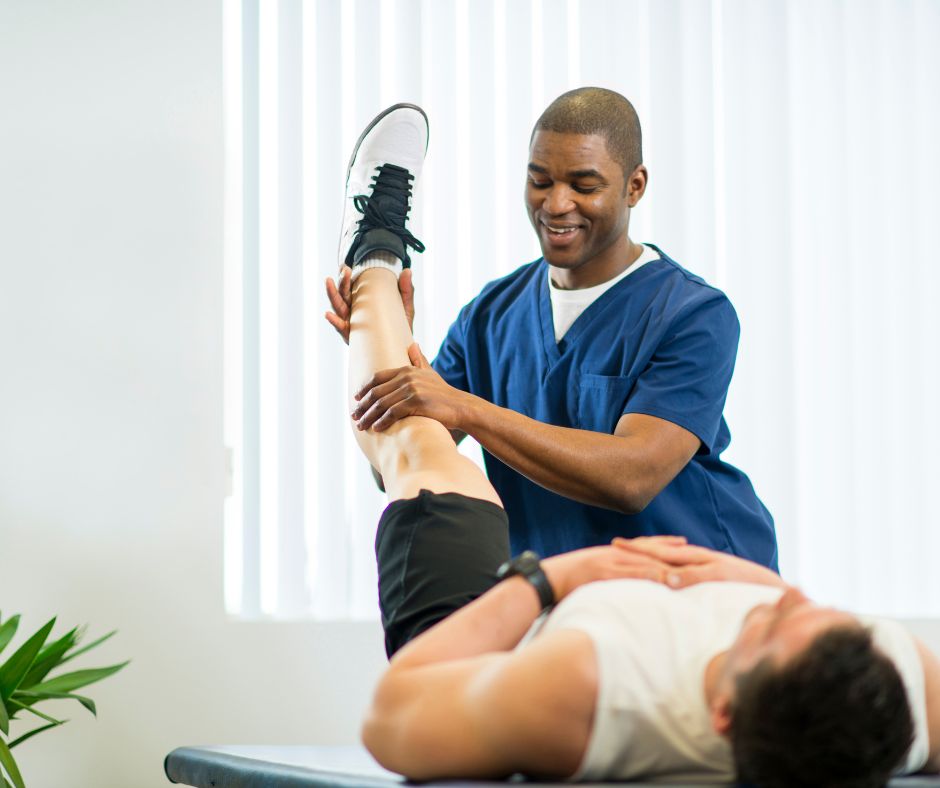Improving Rehabilitation Through the Implementation of Customized Movement-Based Programs in Clinical Programs
Wiki Article
Rehabilitation is an important process for individuals who have undergone injuries, or other medical challenges. Recovery programs play a vital role in assisting these individuals to restore their strength, enhance mobility, and return to their routine activities. Customized exercise planning is a key element of effective recovery. This means that exercises are specifically designed to address the unique requirements of each individual. By focusing on targeted therapy plans, recovery programs can accelerate recovery and support better wellness results.
One of the first steps in developing a tailored exercise plan is evaluating the patient’s condition. Medical professionals perform evaluations to understand the particular limitations and capabilities of each person. This might involve physical tests, discussions about health background, and goals for rehabilitation. For example, an sportsperson recovering from a knee condition may have different requirements than an elderly individual recovering from joint surgery. By recognizing these variations, practitioners can design an therapy program that targets the specific factors of each situation.

Integrating various forms of exercises is crucial for effective recovery. Resistance training , flexibility routines, and cardiovascular exercises all serve vital roles in recovery. Strength exercise helps restore muscle and you can try here improve stamina, which is particularly important after extended durations of click for more info inactivity. Mobility exercises increase range of motion and prevent rigidity in articulations. Cardiovascular workouts, like brisk walking or cycling, boost overall conditioning and promote heart function. A comprehensive exercise plan that incorporates all these components can greatly aid in the rehabilitation journey.
Monitoring advancement is another critical aspect of recovery initiatives with tailored exercise plans. As patients engage in their personalized programs, healthcare professionals observe improvements and implement required adjustments to the program. This ongoing assessment guarantees that the exercises remain effective and suitable as the individual advances. Establishing defined milestones can also encourage participants during their recovery journey. Reaching incremental objectives boosts confidence and encourages commitment in following through with the recovery regimen.
Ultimately, enhancing rehabilitation through personalized fitness prescription requires partnership between medical practitioners and individuals undergoing recovery. Clear dialogue is key to recognizing how each individual responds throughout their rehabilitation process. By working together, both sides can identify any challenges and celebrate achievements along the way. Tailored exercise programs not only assist patients heal physiologically but also contribute to their emotional well-being by fostering a feeling of achievement and independence as they work towards their health objectives.